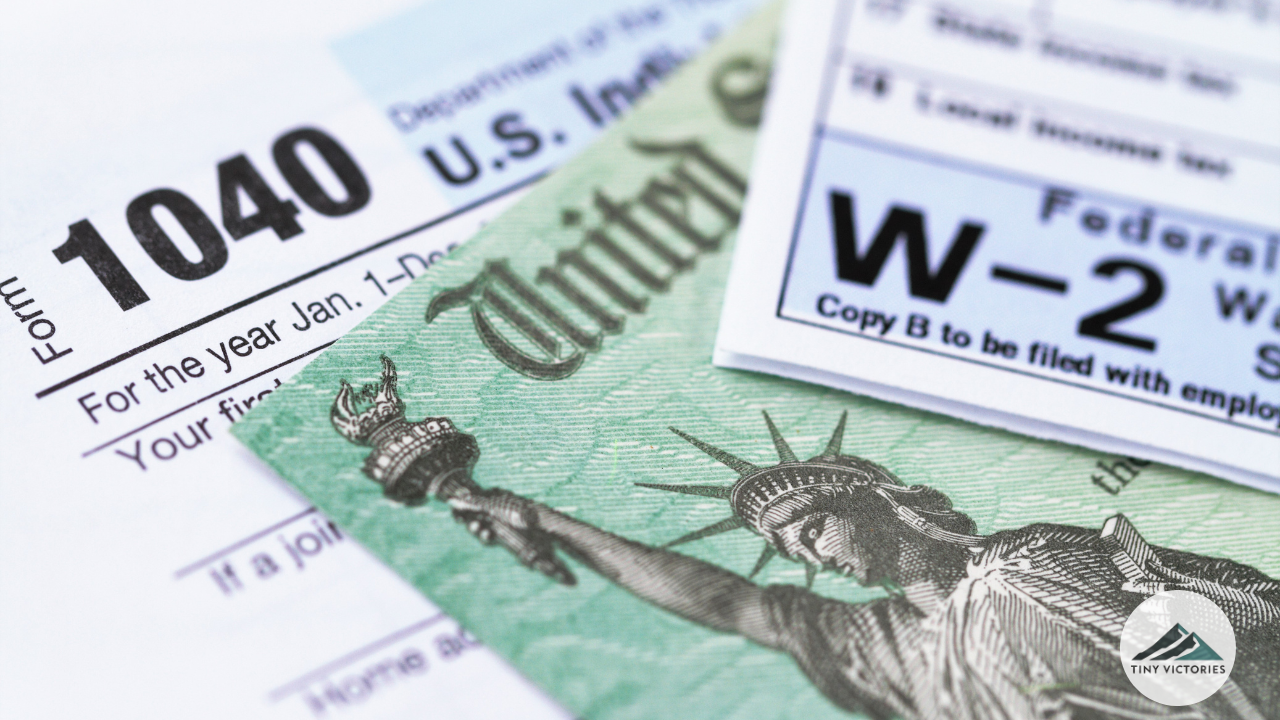How to Keep Your Tax Documents Organized: A Simple Guide for Peace of Mind
Jul 07, 2025
Tax season can feel overwhelming, but it doesn't have to be. With a little organization and some simple systems in place, you can transform tax time from a stressful scramble into a smooth, confident process. Here's how to keep your tax documents organized year-round.
Why Organization Matters
Before diving into the "how," let's quickly address the "why." Keeping your tax documents organized:
- Reduces stress during tax season
- Helps ensure you claim all eligible deductions and credits
- Makes it easier to respond to any IRS inquiries
- Saves time when filing your return
- Provides peace of mind knowing you're prepared for an audit (even though most people never face one)
Create a Simple Filing System
The foundation of tax organization is a reliable filing system. This doesn't need to be complex:
Physical Storage Options
- File box or cabinet: Dedicate one drawer or section specifically for tax documents
- Accordion folder: Label sections by tax category (income, deductions, investments, etc.)
- Expanding file folder: Perfect if you have limited space but still want physical organization
Digital Storage Options
- Cloud storage: Services like Dropbox, Google Drive, or OneDrive offer secure options
- Financial software: Many tax preparation programs offer year-round document storage
- Dedicated tax organization apps: Apps like Taxfyle or ItsDeductible help categorize receipts and documents
Pro Tip: Consider using both physical and digital systems. Scan important documents as they arrive and store the originals in your physical filing system. This creates a backup and makes documents easily searchable.
What Documents to Keep
Knowing what to save is half the battle. Here's a quick reference guide:
Income Documents
- W-2 forms from employers
- 1099 forms for contract or freelance work
- Income from investments (1099-DIV, 1099-INT, etc.)
- Social Security benefits statements
- Rental income records
- Alimony received
Deduction and Credit Documentation
- Mortgage interest statements (Form 1098)
- Property tax receipts
- Charitable donation receipts
- Medical expense records
- Education expenses (Form 1098-T)
- Child care expenses
- Home office expenses (if applicable)
- Business expenses (if self-employed)
Investment and Retirement Information
- Contributions to retirement accounts
- HSA contributions and distributions
- Investment purchase and sale records
- Quarterly estimated tax payments
Set Up a Year-Round System
The key to stress-free tax preparation is handling documents throughout the year, not just in April.
Monthly Routine
- Set a regular "tax admin day": Choose one day each month to process tax-related paperwork
- Scan and file new documents: As statements arrive, immediately place them in your system
- Track business expenses: If self-employed, update your expense tracking monthly
- Review digital receipts: Check email for any tax-relevant digital receipts and save them to your system
Sample Monthly Checklist
✓ Collect and file all income-related documents received this month
✓ Record and file any tax-deductible expenses
✓ Check email for digital receipts or statements
✓ Log any charitable contributions
✓ Update mileage log (if tracking business miles)
✓ File any relevant medical expense receipts
How Long to Keep Documents
Not all tax documents need to be kept forever. Here's a simple retention guide:
| Document Type | How Long to Keep |
| Tax returns | 7 years (minimum) |
| Supporting documents | 3-7 years |
| Property records | Until 7 years after selling the property |
| Investment purchase information | Until 7 years after selling the investment |
| Home improvement records | Until 7 years after selling the home |
Preparing for Next Year's Taxes
As one tax season ends, preparation for the next begins:
- Create a new tax folder: Label it clearly with the current tax year
- Review last year's return: Note any areas where better documentation could have helped
- Adjust tax withholdings if needed: If you received a large refund or owed a significant amount, consider adjusting your W-4
- Set calendar reminders: Mark important tax deadlines for the coming year
When to Consider Professional Help
Even with excellent organization, some situations warrant professional assistance:
- Major life changes (marriage, divorce, new home, baby)
- Starting or closing a business
- Significant investment activity
- Inheritance or large gifts
- Multiple sources of income
A tax professional can provide personalized advice and ensure you're maximizing your tax strategy.
Final Thoughts
Tax document organization isn't glamorous, but it's one of those adult responsibilities that pays dividends in reduced stress and potential tax savings. By implementing a simple system and maintaining it year-round, you transform tax preparation from a dreaded chore to a straightforward process.
Remember: The goal isn't perfection but progress. Even small improvements in how you organize your tax documents can make a significant difference when tax season arrives.
What's your biggest challenge when it comes to organizing tax documents?
